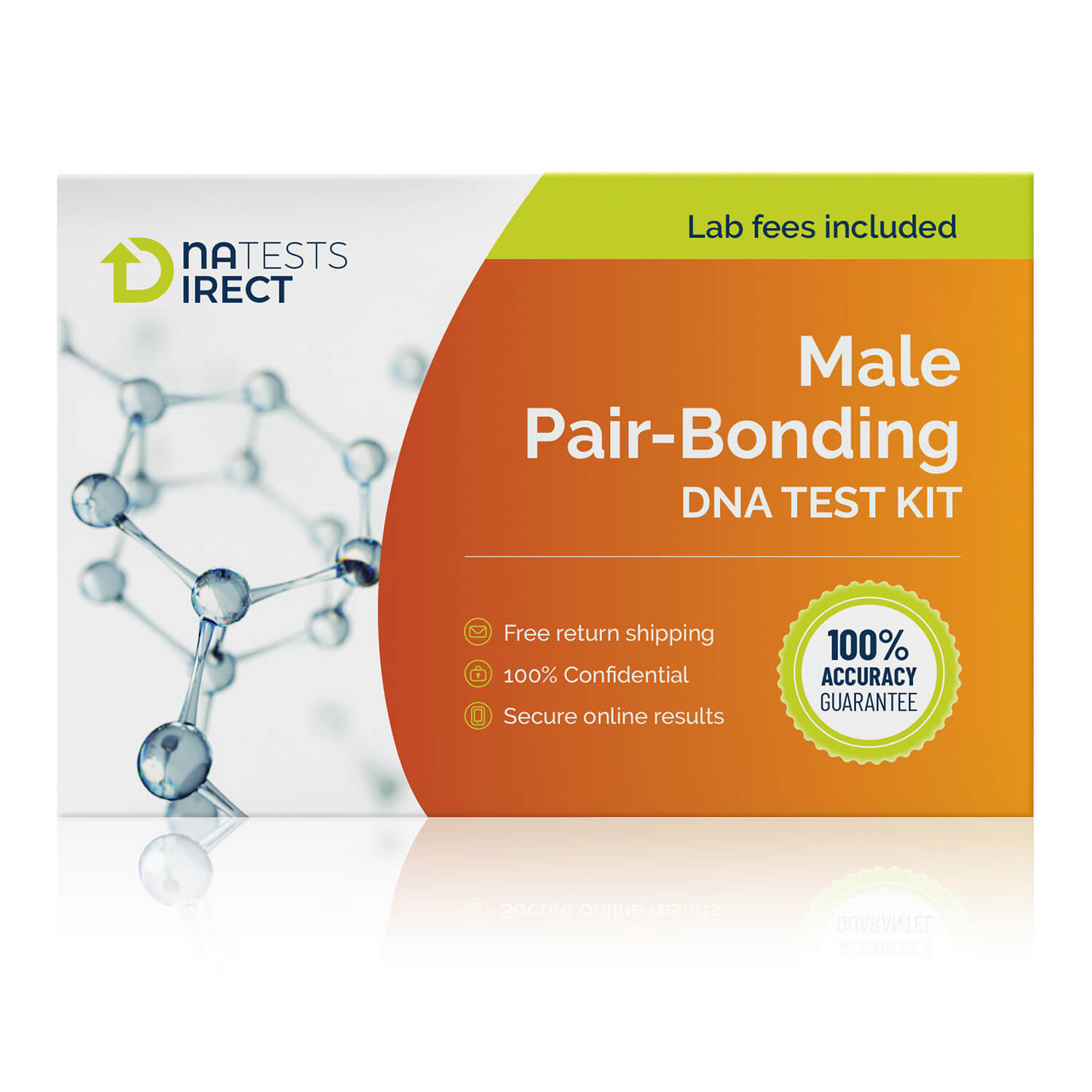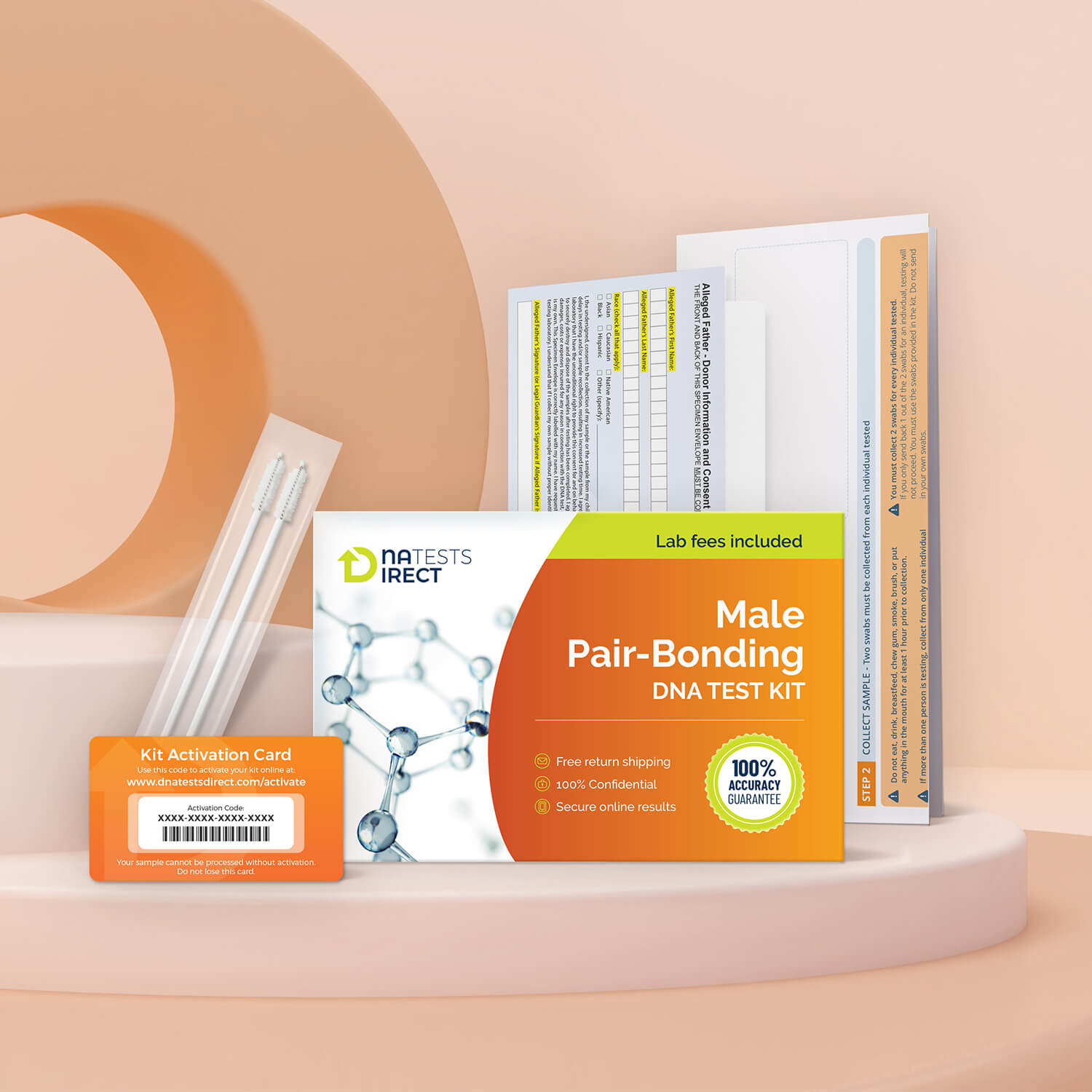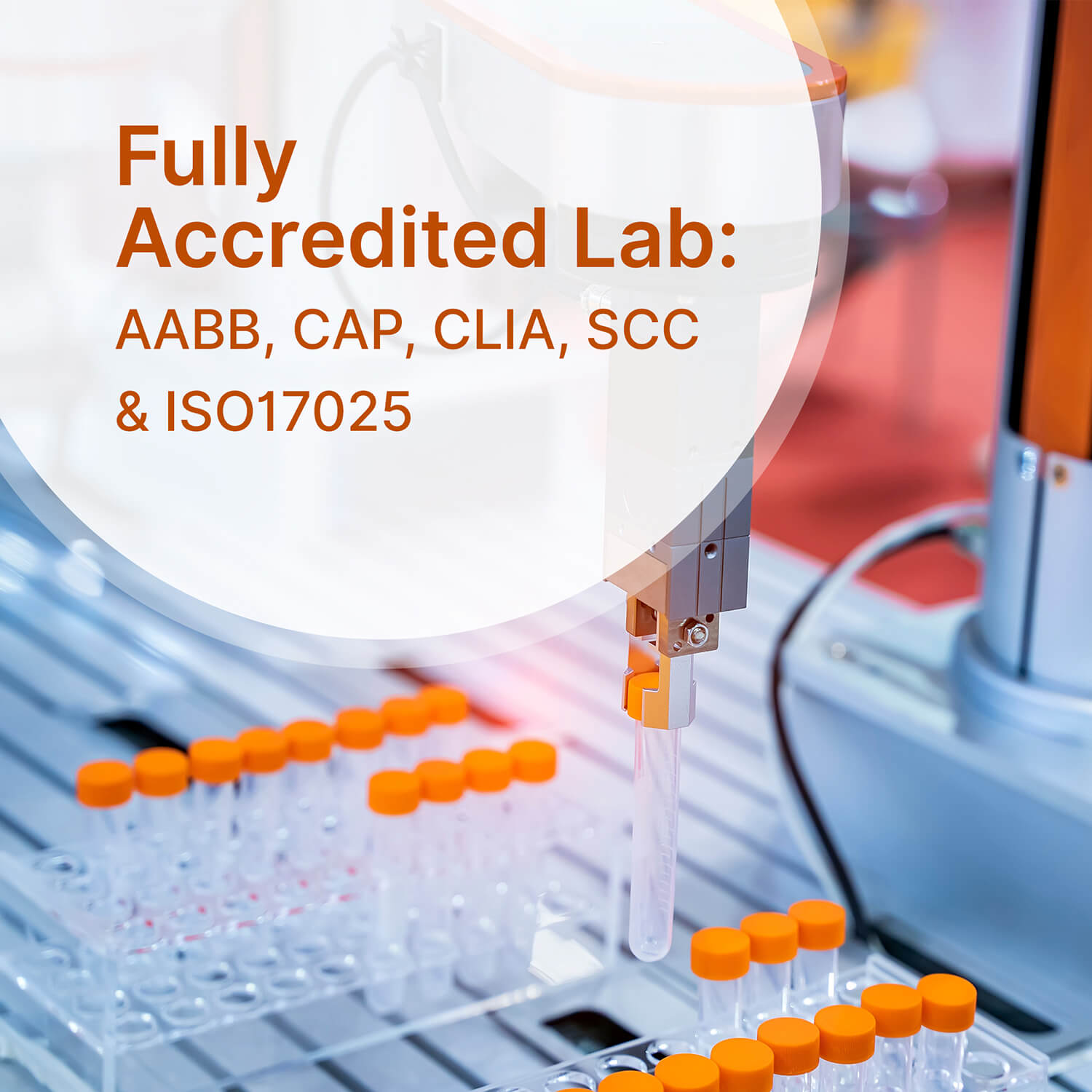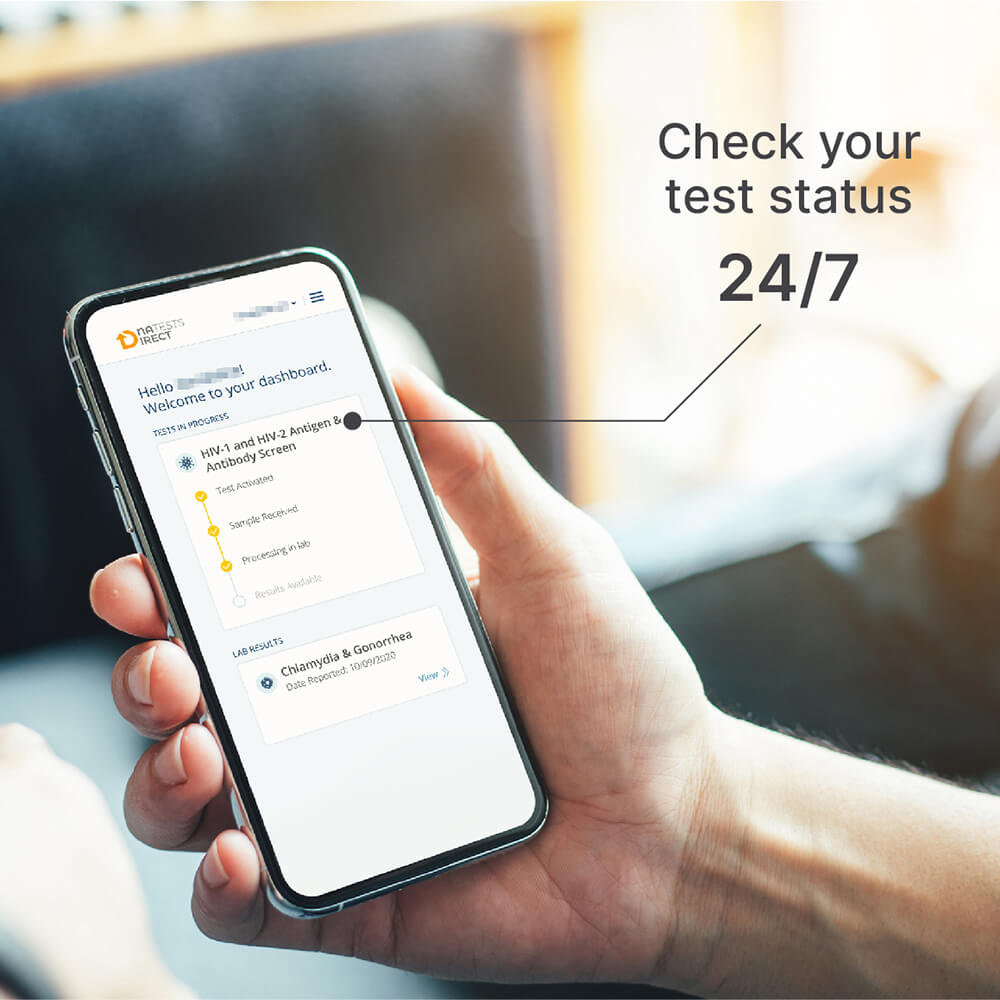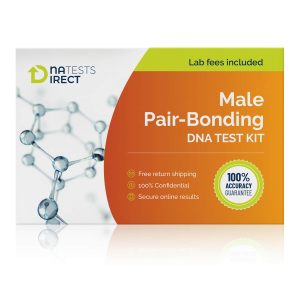 DNA Male Pair-Bonding AVPR1A Test
DNA Male Pair-Bonding AVPR1A TestDNA Male Pair-Bonding AVPR1A Test
$149
What is the “male pair-bonding” gene?
The “male pair-bonding” gene is a genetic variant of the AVPR1A gene. AVPR1A variation can occur in the regulatory region of the gene at three different repetitive sequences, known as RS1, RS3 and GT25. A specific version of RS3, known as the RS3 334 allele, is associated with diminished pair-bonding in males.
Men with the RS3 334 allele are less likely to form a strong bond with their partners and are more likely to experience marital crisis or divorce. They are less likely to get married and more likely to cohabitate than individuals without the RS3 334 allele. Spouses of men with the RS3 334 allele report feeling less affection and consensus in the marriage.
- Online Results: Receive confidential results through a secure online portal, ensuring your privacy and peace of mind at every step.
- Painless Sampling: Collect your DNA samples with easy-to-use mouth swabs – no blood or needles required.
How It Works

Order
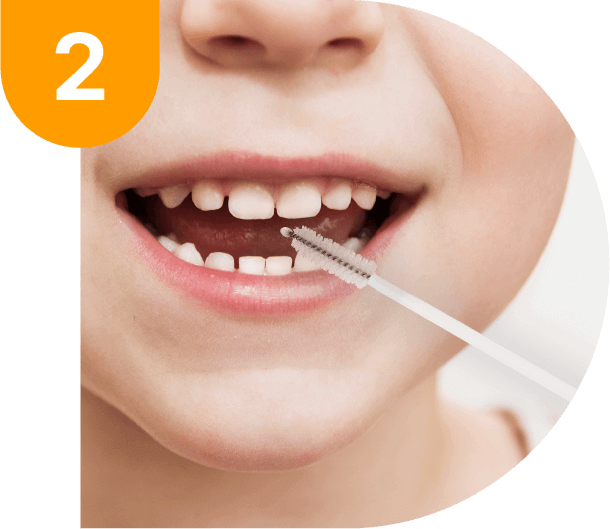
Send
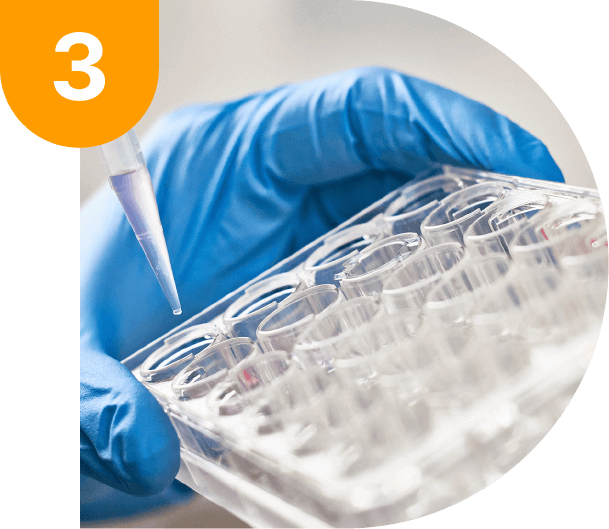
Receive your results

Results
What is the AVPR1A gene?
The AVPR1A gene encodes the arginine vasopressin receptor 1A, which binds vasopressin and transmits the signal into the cells. Vasopressin is a hormone or chemical messenger that promotes water retention in the kidneys and increases blood pressure. Most of these effects take place when vasopressin is released into the blood stream. Vasopressin can also be released directly into the brain and influence social and sexual behavior (such as infidelity). When this signal transmission is disrupted, as in the case of “male pair-bonding” gene, there is a decreased likelihood of forming a strong bond with their partner.
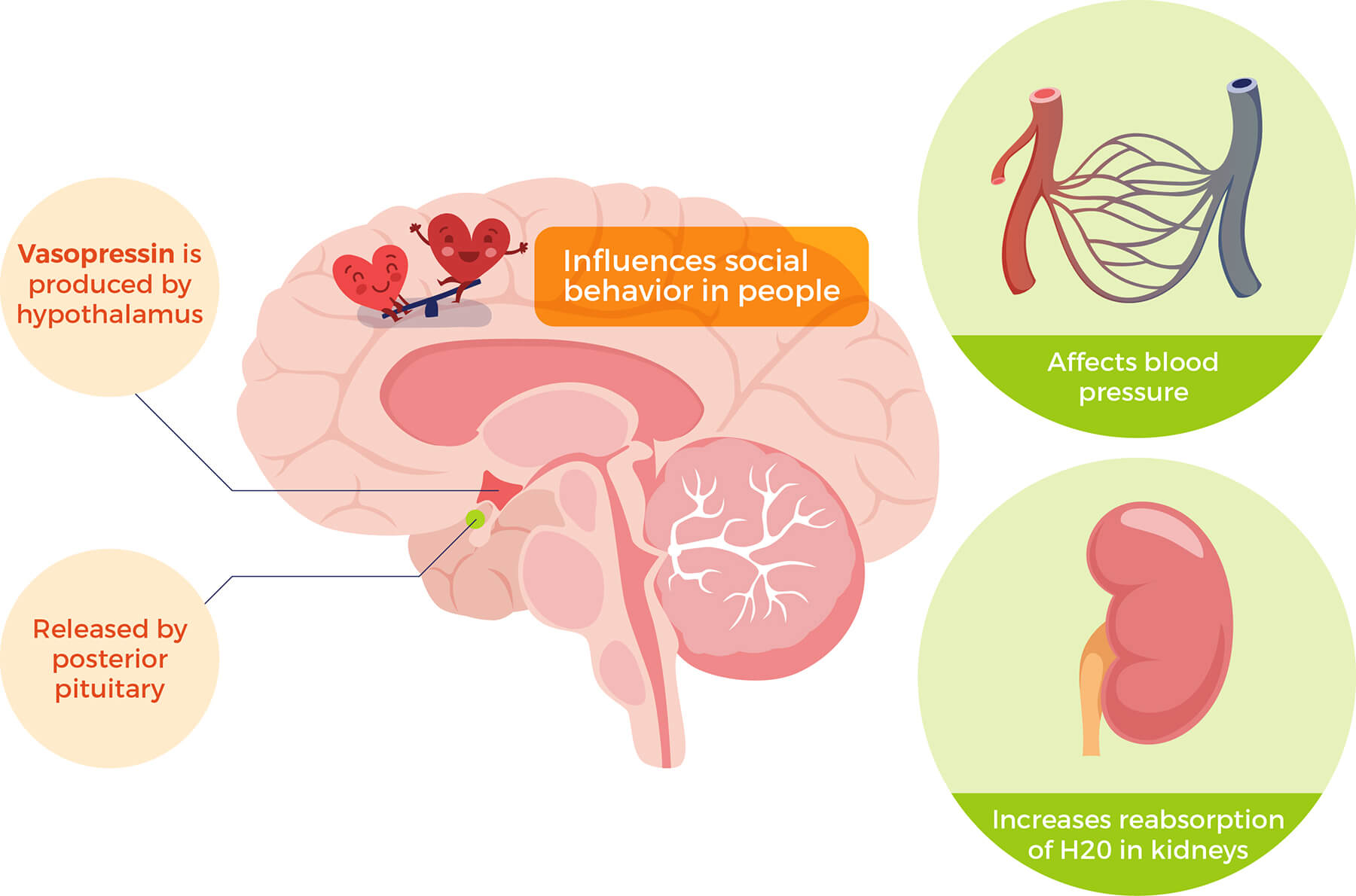
The Genetics Behind Male Pair-Bonding
The AVPR1A gene, found on chromosome 12, plays a role in social bonding and relationship behaviors. Everyone inherits two copies of this gene—one from each parent. A simple DNA test can identify which variants of AVPR1A a person has. Differences in this gene are caused by short tandem repeats (STRs) in a regulatory region that affects protein levels. The AVPR1A STR test measures the length of these repeats to determine if an individual carries the RS3 334 variant, which has been linked to infidelity and pair-bonding tendencies.
Conditions Related to the AVPR1A Gene
Variations in the AVPR1A gene have been linked to a higher tendency for infidelity in both men and women. Additionally, other genetic changes in AVPR1A are associated with:
- Autism spectrum traits
- Altruistic tendencies
- Addictive behaviors
- Eating disorders
- Social interactions, including sibling relationships
Frequently Asked Questions
Once your sample is received by our laboratory, processing usually takes 6-8 weeks. You will receive an email notification when your results are ready, and you can access your detailed report through a secure online portal.
We take data privacy seriously. Your results are confidential and only shared with you. We do not share your results with insurance companies, employers, or any other third parties.
Why DNA Tests Direct?
Accredited Excellence
Your Privacy, Protected
Expert Support
Related Test Kits
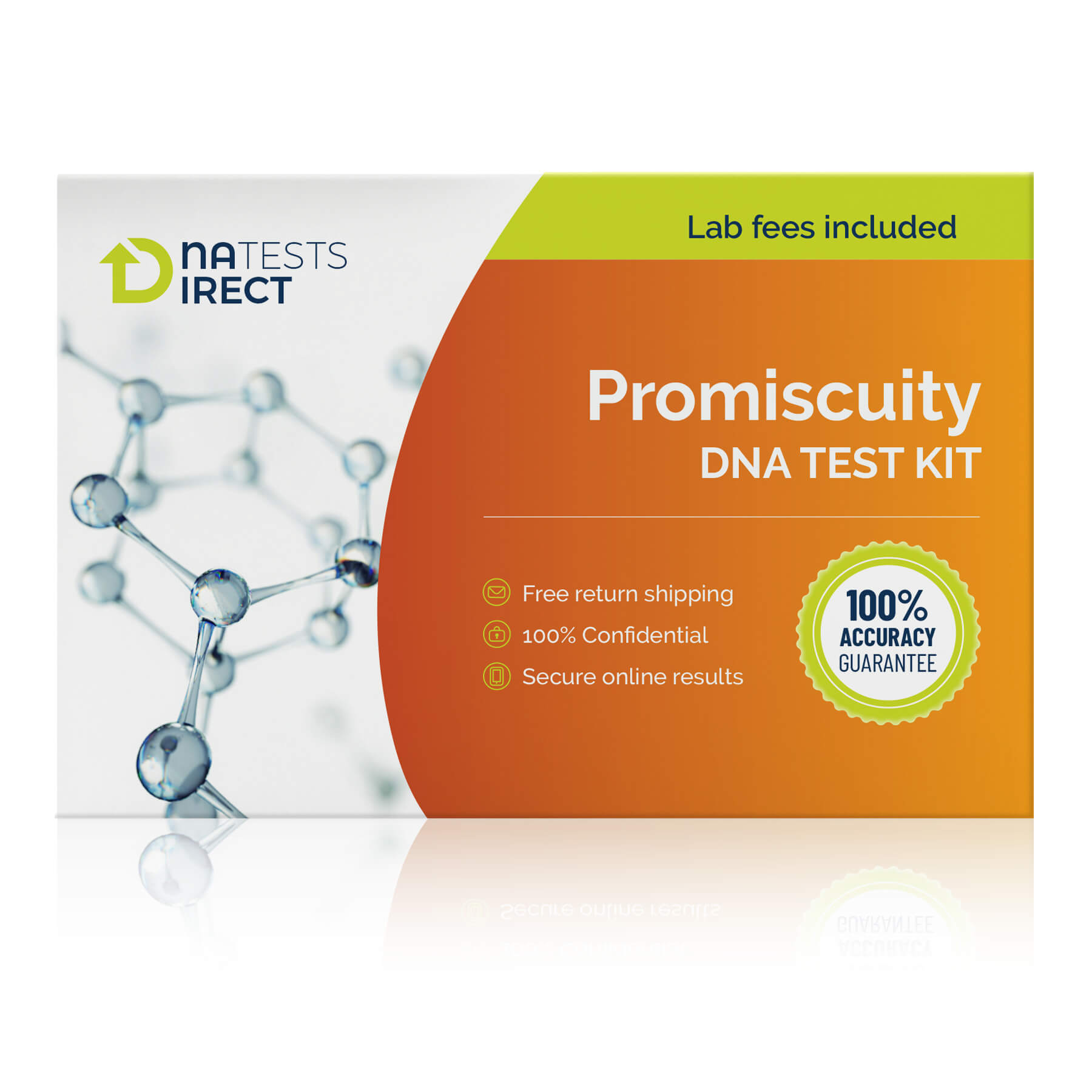
$149
Are you prone to being promiscuous? It could be because of your genes. Find out if you have the “promiscuity” gene with this test.
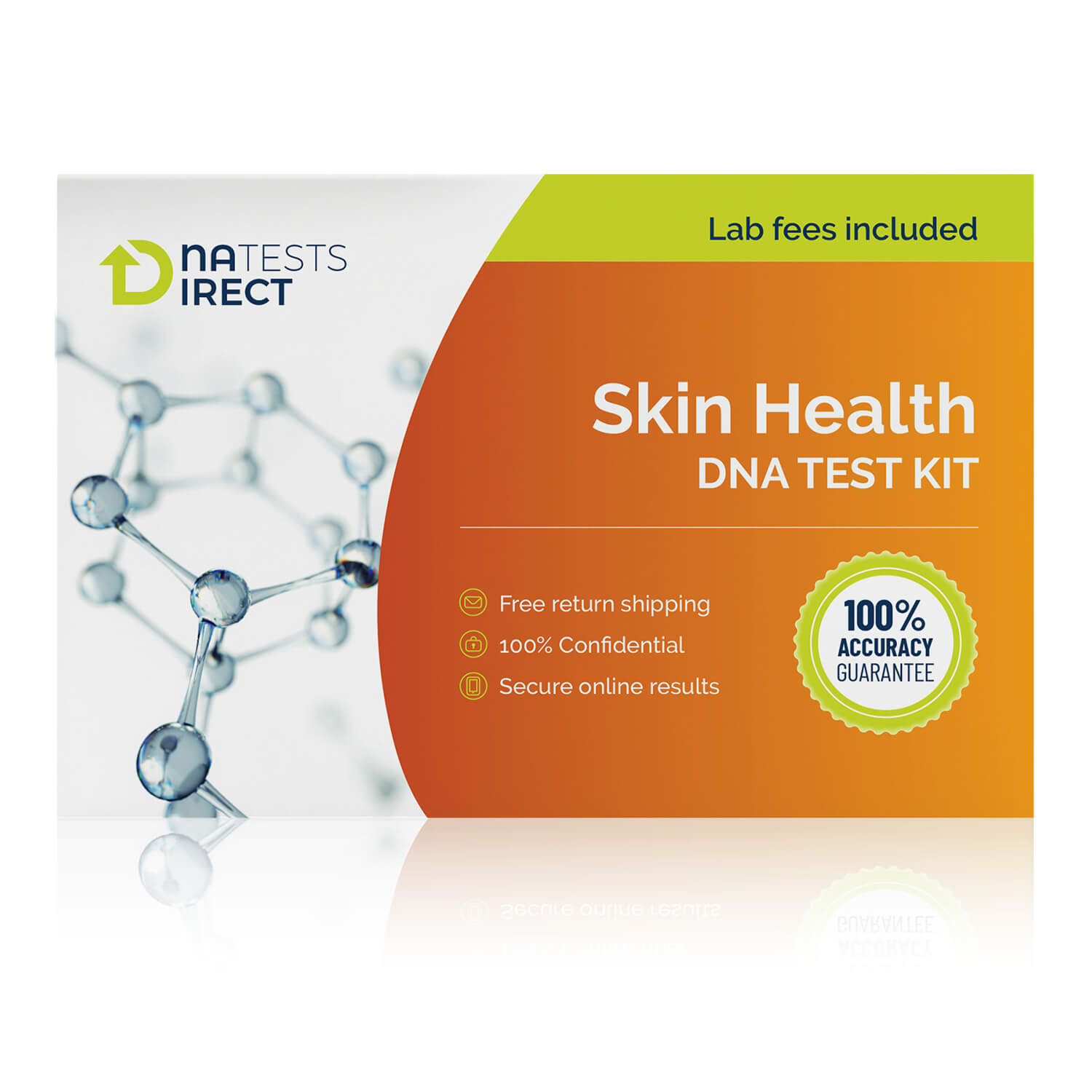
$249
Your skin’s appearance is influenced by your diet, the environment, and your genes. Take this test so you can personalize your skincare routine to your genetic makeup.
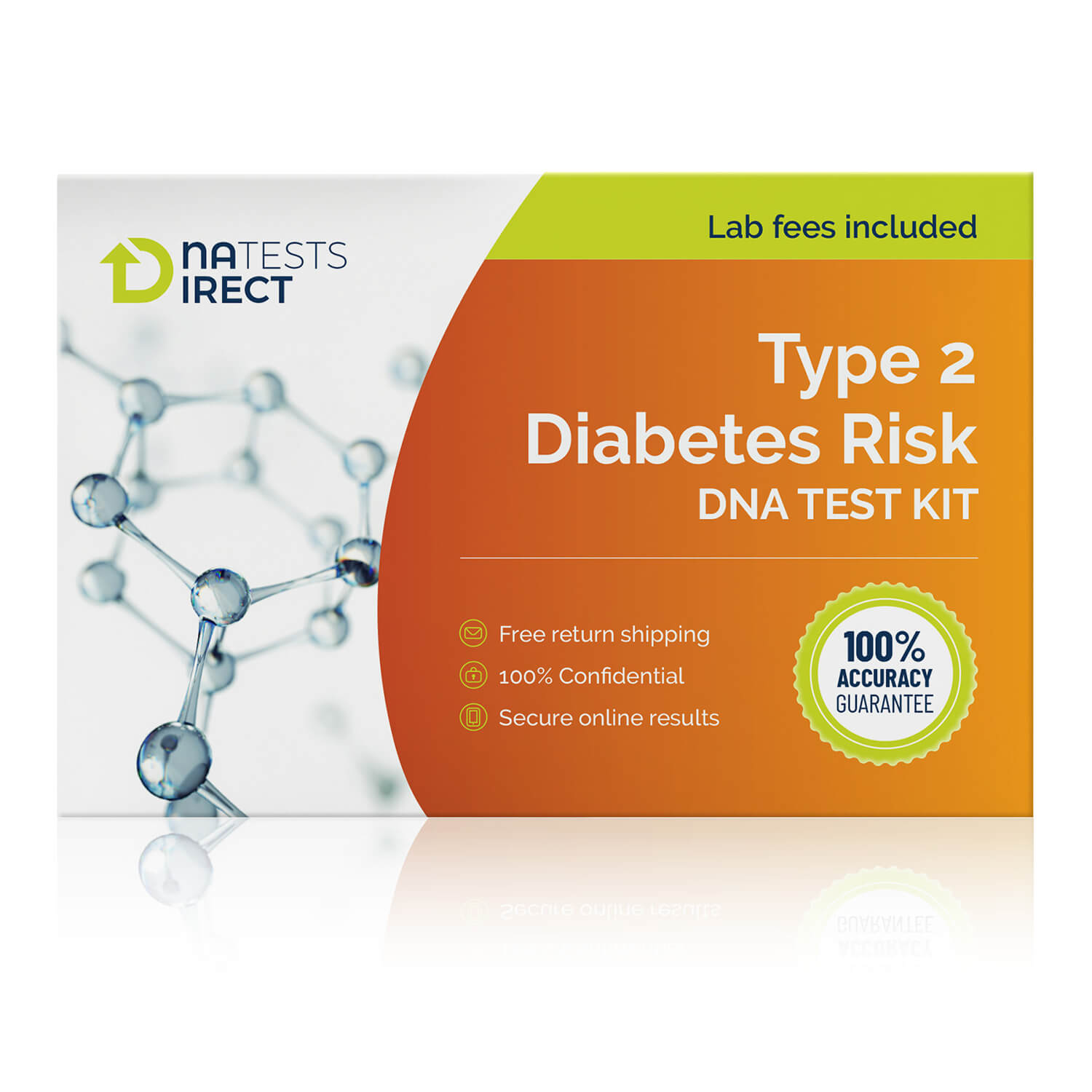
$349
Type 2 diabetes affects millions around the world. Genes can increase your risk of developing this metabolic disorder. Find out if you are at increased risk.
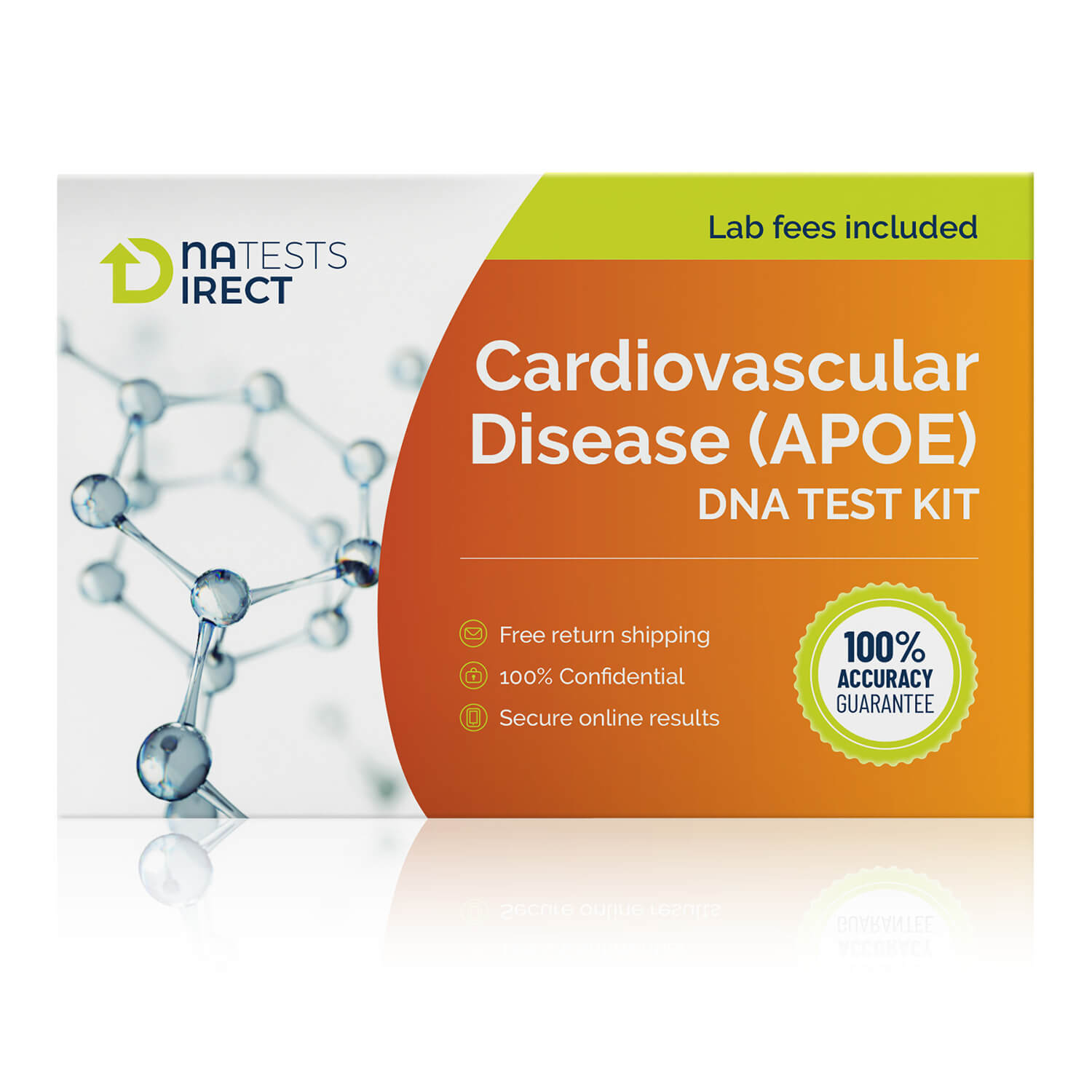
$195
Variation in the APOE gene is one of the strongest genetic risk factors for cardiovascular disease. It also affects how well you respond to statins and dietary changes used to modify your risk. Are you at increased risk?
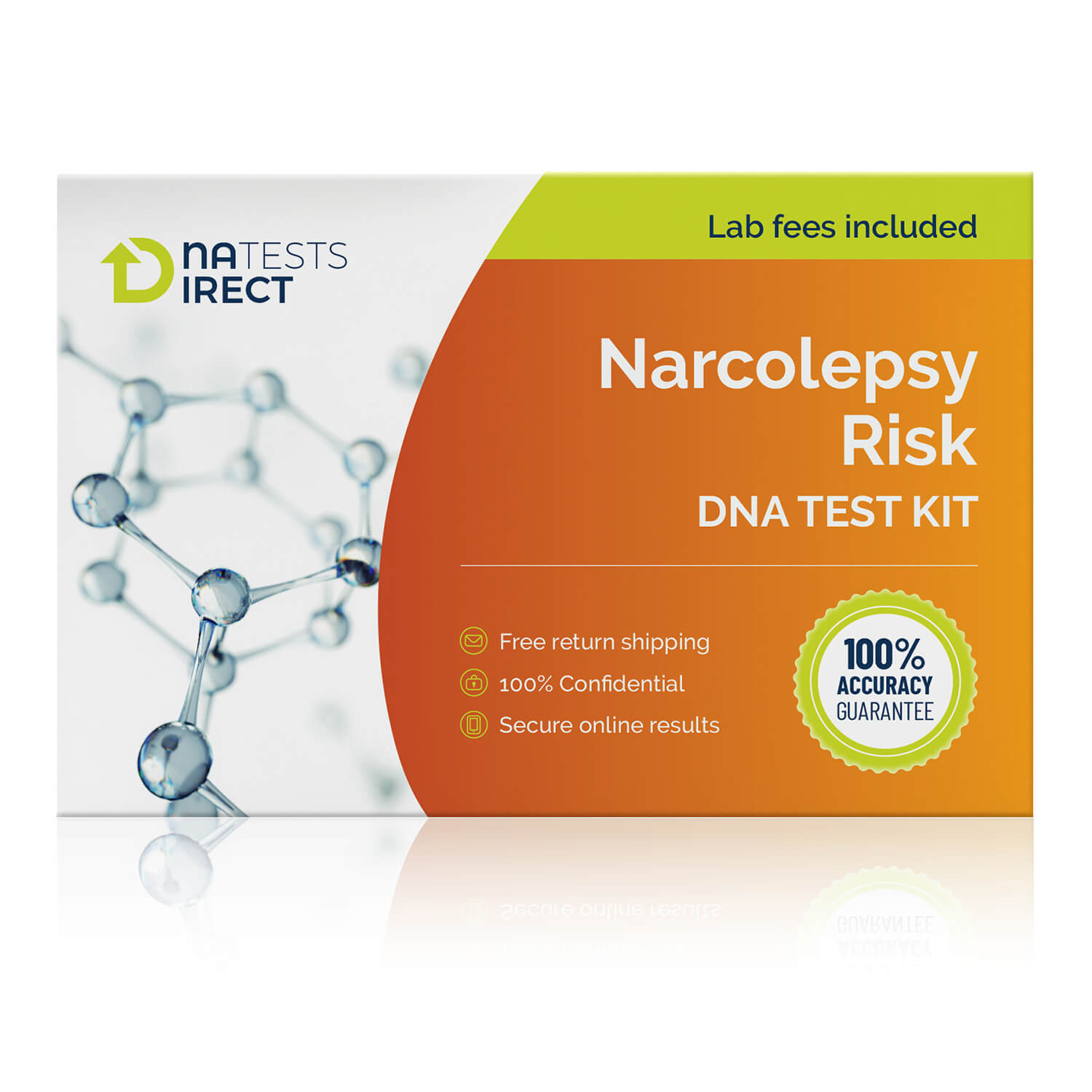
$195
Could your extreme sleepiness be due to narcolepsy? See if you carry the genetic variant associated with an increased risk of narcolepsy.
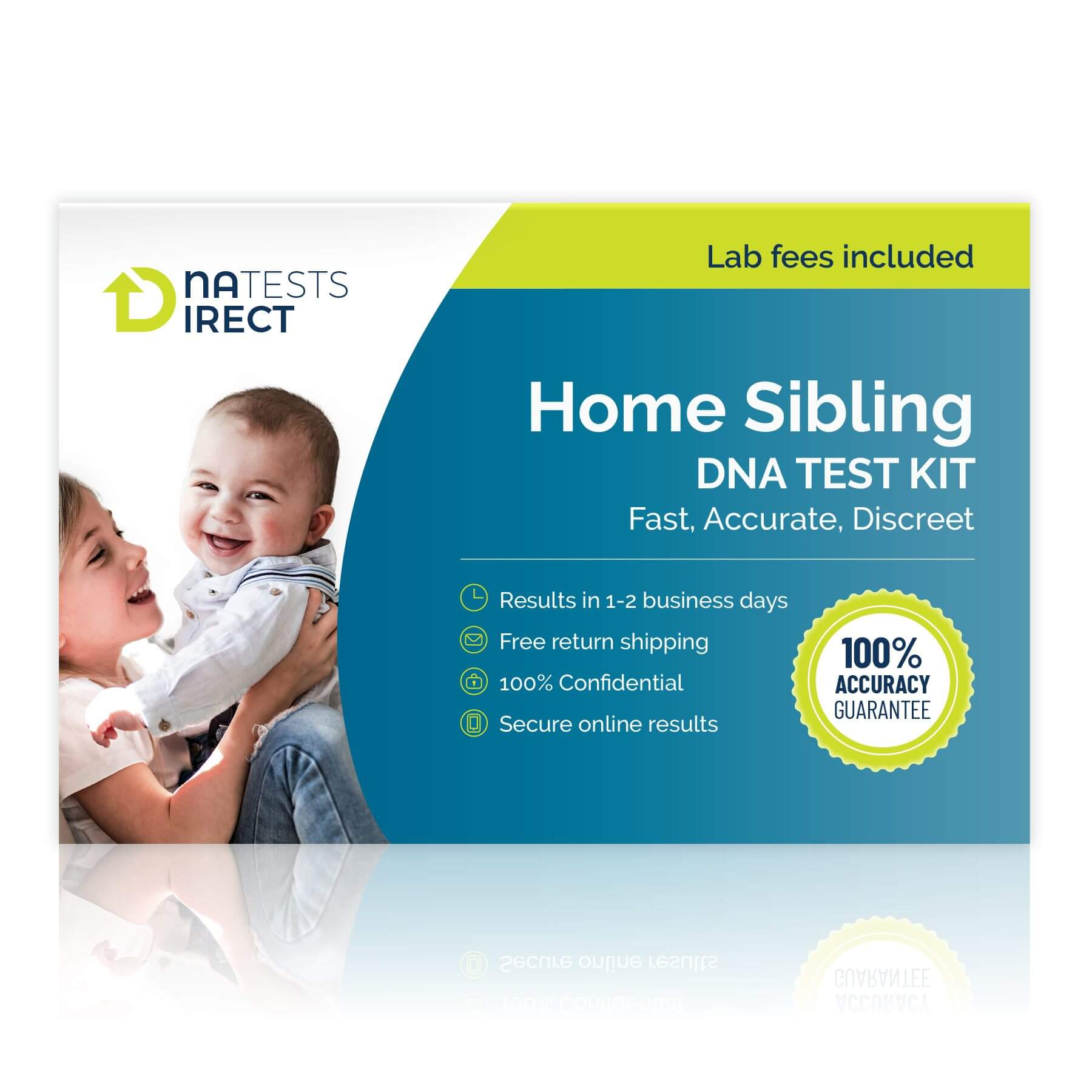
$149 $271
Easily determine the likelihood of two people being full siblings, half siblings, or not siblings at all.
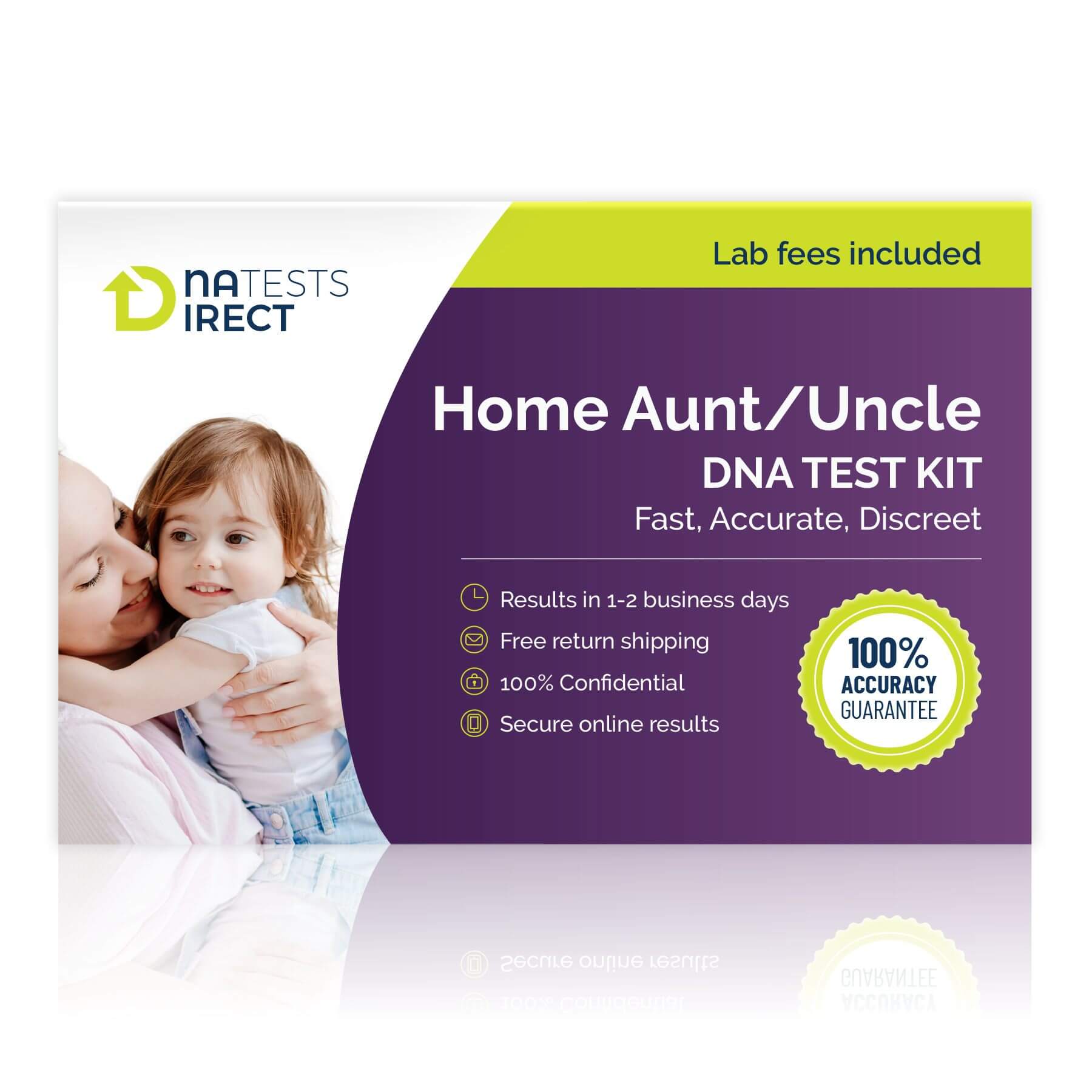
$149 $271
Find out the likelihood of a true biological relationship between a potential aunt/uncle and niece/nephew.
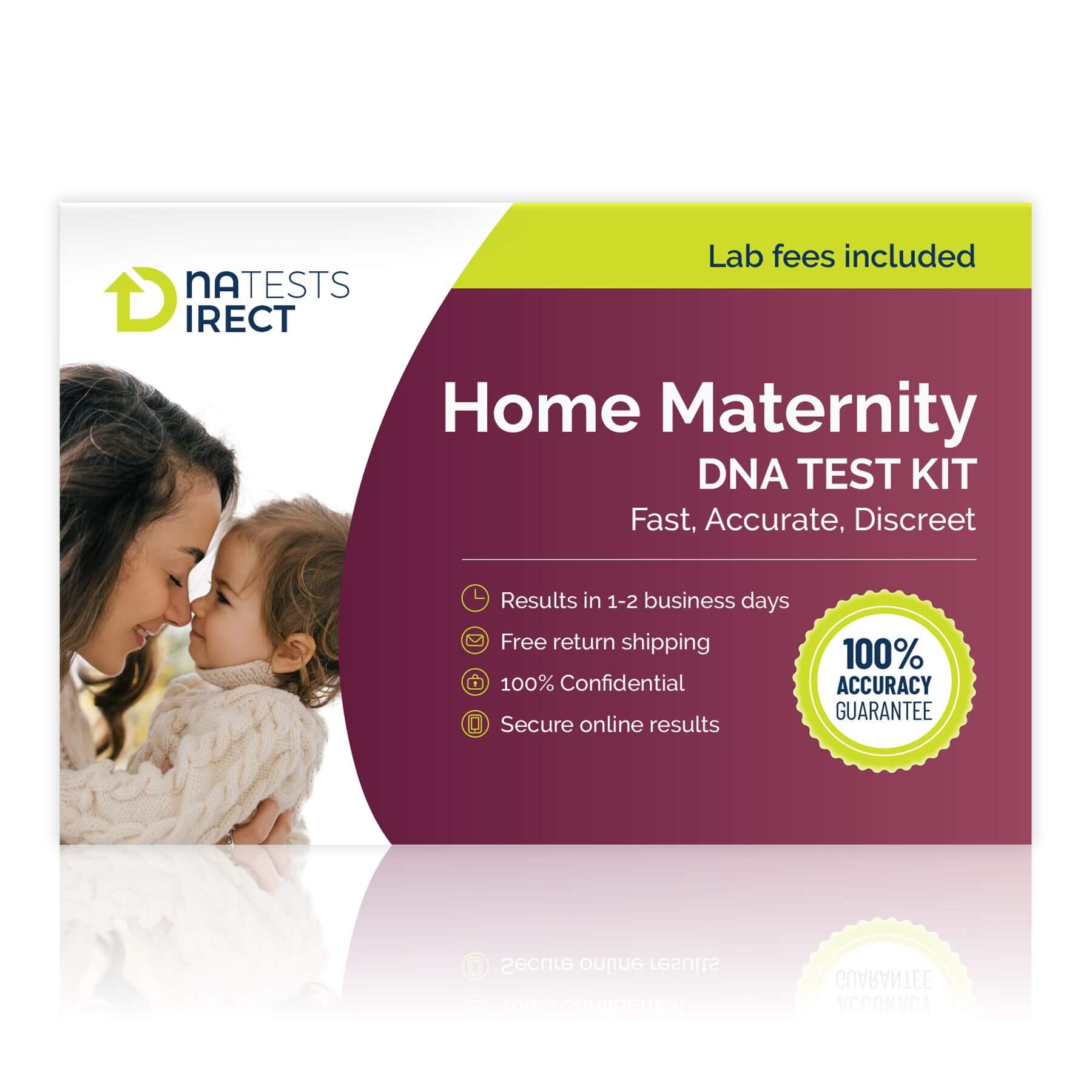
$149 $271
Confirm whether a potential mother is the true biological mother of a child.

